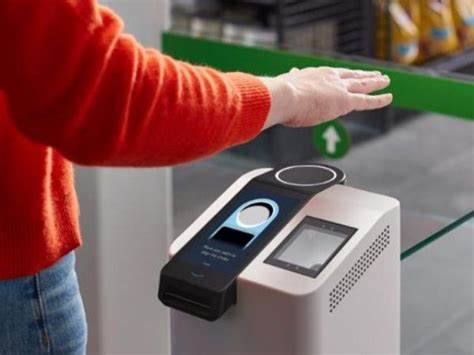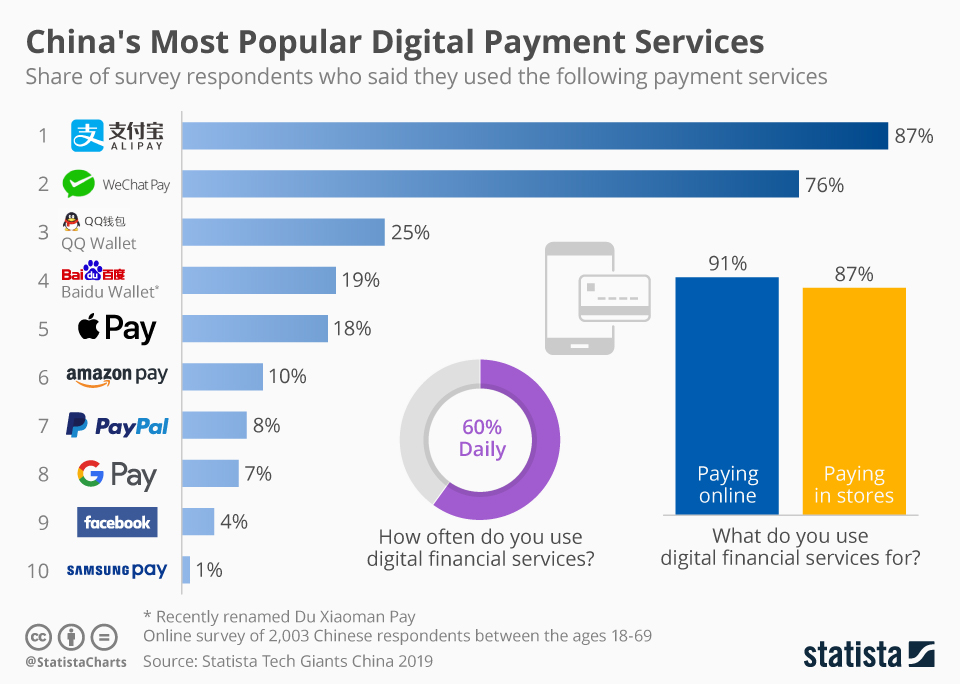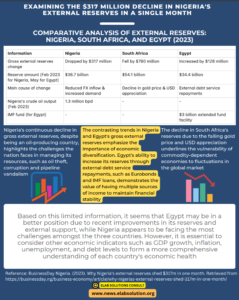 Amazon, one of the world’s largest and most innovative companies, recently launched Amazon One, a palm scanning technology that’s touted as the next big thing in payments and identity verification. However, when we put it under the analytical lens, there are several facets to consider before declaring a winner in this fierce race against titans like Apple and Google.
1. The Mobile Ecosystem Barrier:
Amazon’s most significant disadvantage in the payment wars is its lack of a proprietary operating system (OS) and mobile device. Google’s Android and Apple’s iOS ecosystems control the majority of the global smartphone market. This control gives both companies a substantial
Amazon, one of the world’s largest and most innovative companies, recently launched Amazon One, a palm scanning technology that’s touted as the next big thing in payments and identity verification. However, when we put it under the analytical lens, there are several facets to consider before declaring a winner in this fierce race against titans like Apple and Google.
1. The Mobile Ecosystem Barrier:
Amazon’s most significant disadvantage in the payment wars is its lack of a proprietary operating system (OS) and mobile device. Google’s Android and Apple’s iOS ecosystems control the majority of the global smartphone market. This control gives both companies a substantial
 advantage in pushing their digital wallet solutions (Google Pay and Apple Pay, respectively) directly to their users. On the other hand, Amazon would need to convince users from both ecosystems to adopt their hand-scanning technology, which isn’t integrated as seamlessly as native apps.
2. The Long Game: The Universal Digital Identity:
However, Amazon may not be looking to dethrone Apple or Google from their payment crowns directly. Instead, their vision seems to be much broader. Amazon One could be the company’s masterstroke in becoming the universal digital identity provider, a unique, secure “skeleton key” for users. From stadium access to hospital records, if Amazon can become the primary way people verify their identity, the opportunities to upsell other services become almost limitless.
Amazon One could be the company’s masterstroke in becoming the universal digital identity provider, a unique, secure ‘skeleton key’ for users
3. The Threat to Device-Centric Giants:
Should Amazon One take off in a big way, it would pose a direct threat to Google and Apple’s current device-centric approach to payments. If all you need is a hand wave, then the dependency on smartphones diminishes. However, one cannot underestimate the adaptability of these tech giants. It’s only a matter of time before they too might incorporate similar biometrics into their services, given their vast resources and R&D capabilities.
If all you need is a hand wave, then the dependency on smartphones diminishes
4. The Barriers Ahead for Amazon:
While Amazon’s ambitions are clear, there are evident hurdles:
advantage in pushing their digital wallet solutions (Google Pay and Apple Pay, respectively) directly to their users. On the other hand, Amazon would need to convince users from both ecosystems to adopt their hand-scanning technology, which isn’t integrated as seamlessly as native apps.
2. The Long Game: The Universal Digital Identity:
However, Amazon may not be looking to dethrone Apple or Google from their payment crowns directly. Instead, their vision seems to be much broader. Amazon One could be the company’s masterstroke in becoming the universal digital identity provider, a unique, secure “skeleton key” for users. From stadium access to hospital records, if Amazon can become the primary way people verify their identity, the opportunities to upsell other services become almost limitless.
Amazon One could be the company’s masterstroke in becoming the universal digital identity provider, a unique, secure ‘skeleton key’ for users
3. The Threat to Device-Centric Giants:
Should Amazon One take off in a big way, it would pose a direct threat to Google and Apple’s current device-centric approach to payments. If all you need is a hand wave, then the dependency on smartphones diminishes. However, one cannot underestimate the adaptability of these tech giants. It’s only a matter of time before they too might incorporate similar biometrics into their services, given their vast resources and R&D capabilities.
If all you need is a hand wave, then the dependency on smartphones diminishes
4. The Barriers Ahead for Amazon:
While Amazon’s ambitions are clear, there are evident hurdles:
- Privacy Concerns: Amazon’s decision to scan and store palm data raises significant privacy concerns. Concerns about biometric data security and potential misuse by law enforcement agencies can create resistance.
- Infrastructure and Cost: Merchants are already feeling the weight of modernizing their payment systems to support mobile payments. Asking them to further invest in Amazon One technology, especially when its universal adoption remains uncertain, could be a challenging sell.
- The Data Dilemma: Amazon claims it collects minimal data through Amazon One. While this is a commendable approach from a privacy standpoint, it raises questions about the technology’s profitability. If Amazon isn’t capitalizing on user data (a key revenue stream for many tech companies), then they’re banking heavily on subscription fees from merchants. This could make the service less appealing to businesses, especially when competitors might offer richer data analytics.
- Amazon One is undoubtedly a fascinating step into the future of identification and payments. But its success is not guaranteed. While Amazon’s play is less about direct competition with Apple Pay and Google and more about becoming an omnipresent identity provider, the road is fraught with challenges. Only time will reveal if Amazon’s gamble pays off or if it becomes another tech innovation lost to the annals of history.






